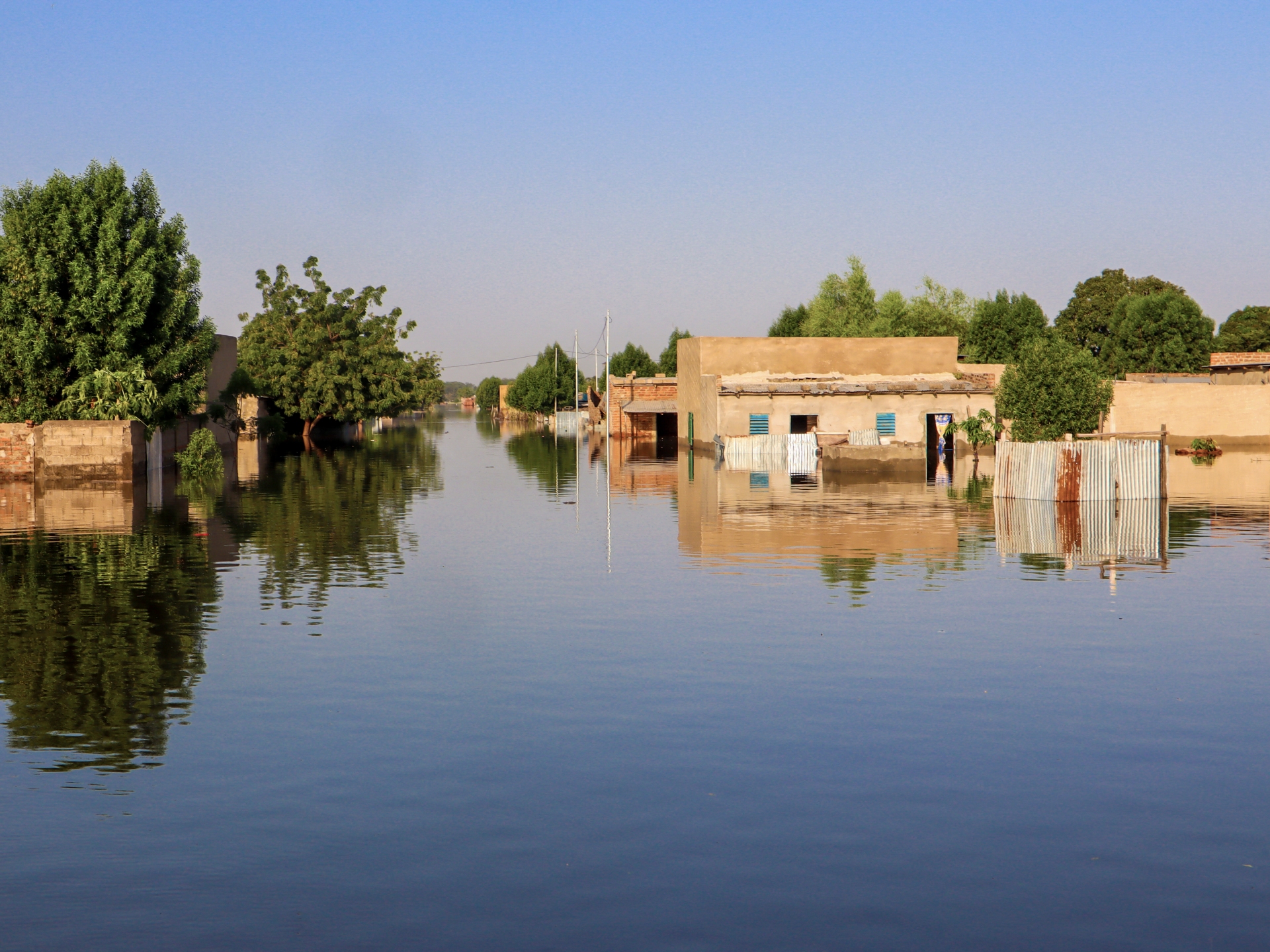The flooding has affected 636 localities in the country while swallowing up more than 465,000 hectares of fields.
Chad’s President Mahamat Idriss Deby has declared a state of emergency over flooding that is affecting more than a million people in the country.
Floods are not uncommon during Chad’s rainy season, which usually runs from May to October in its southern regions. But this year, the rains came early and were the heaviest in decades.
“Starting now, a state of emergency will be instituted to better contain and manage this natural disaster,” said Deby in a televised address to the nation on Wednesday.
The flooding has affected 636 localities in 18 out of 23 provinces in the country, he added. The worst affected are the southern provinces of Mayo Kebbi Est, Logone Occidental, Tandjile, Moyen-Chari and Mandoul.
The floodwaters have “swallowed up more than 465,000 hectares [1.15 million acres] of fields and 19,000 heads of livestock,” Deby said.
N’Djamena, the capital, has not been spared either – hundreds of people there have fled their homes due to flooding in the last few days.
The government has put in place a response plan to provide shelter, food and sanitation, Deby said.

Chad has two main rivers, the Chari and Logone, which flow through its southern provinces and empty into Lake Chad, at the border area with Niger, Nigeria and Cameroon.
This year the lake was fed early on by other tributaries and its water level became higher than that of the two rivers, causing them to flow instead into surrounding towns and villages, said Hamid Abakar Souleymane, a hydrologist at Chad’s National Meteorological Agency.
“You will have noticed that all the countries which share Lake Chad are also flooded and the phenomenon will continue until the end of the year,” he said.
The United Nations says 5.5 million Chadians need “emergency humanitarian aid”, while the World Bank says 42 percent of the 16 million population lives in poverty.
“We have to provide shelter, basic necessities and health protection,” Deby said.

